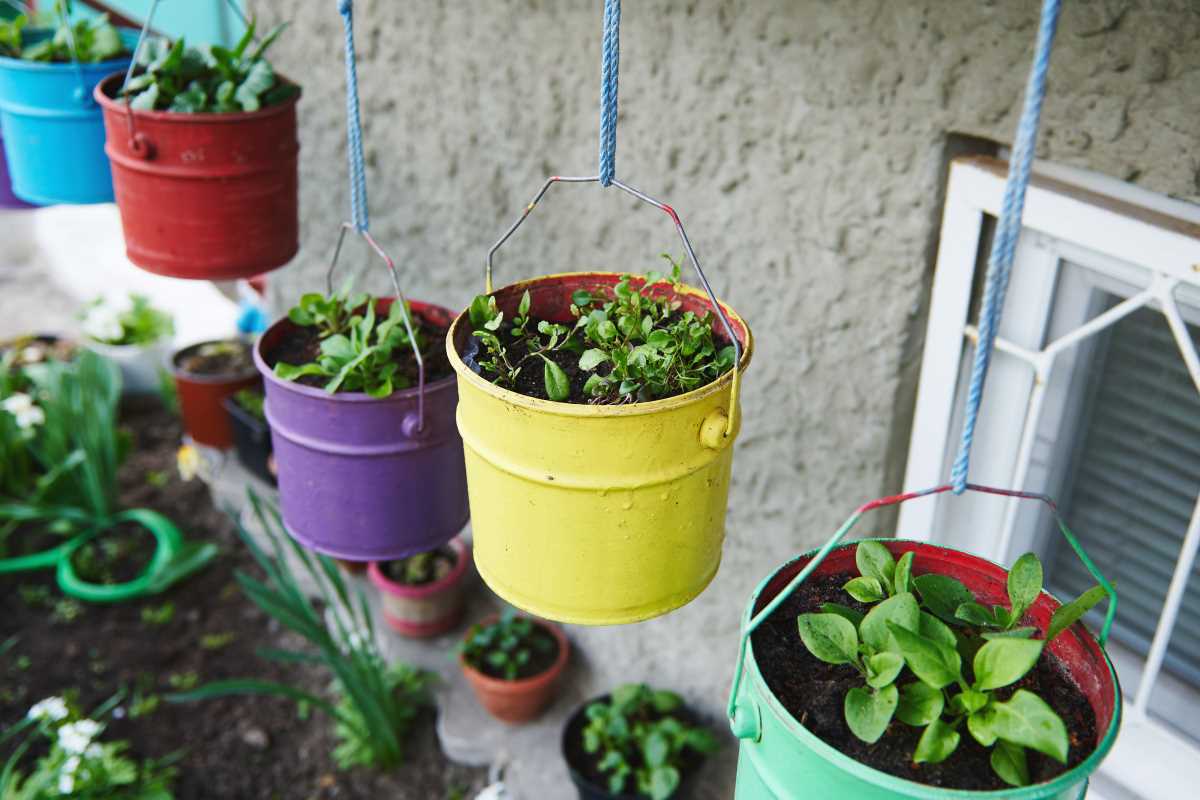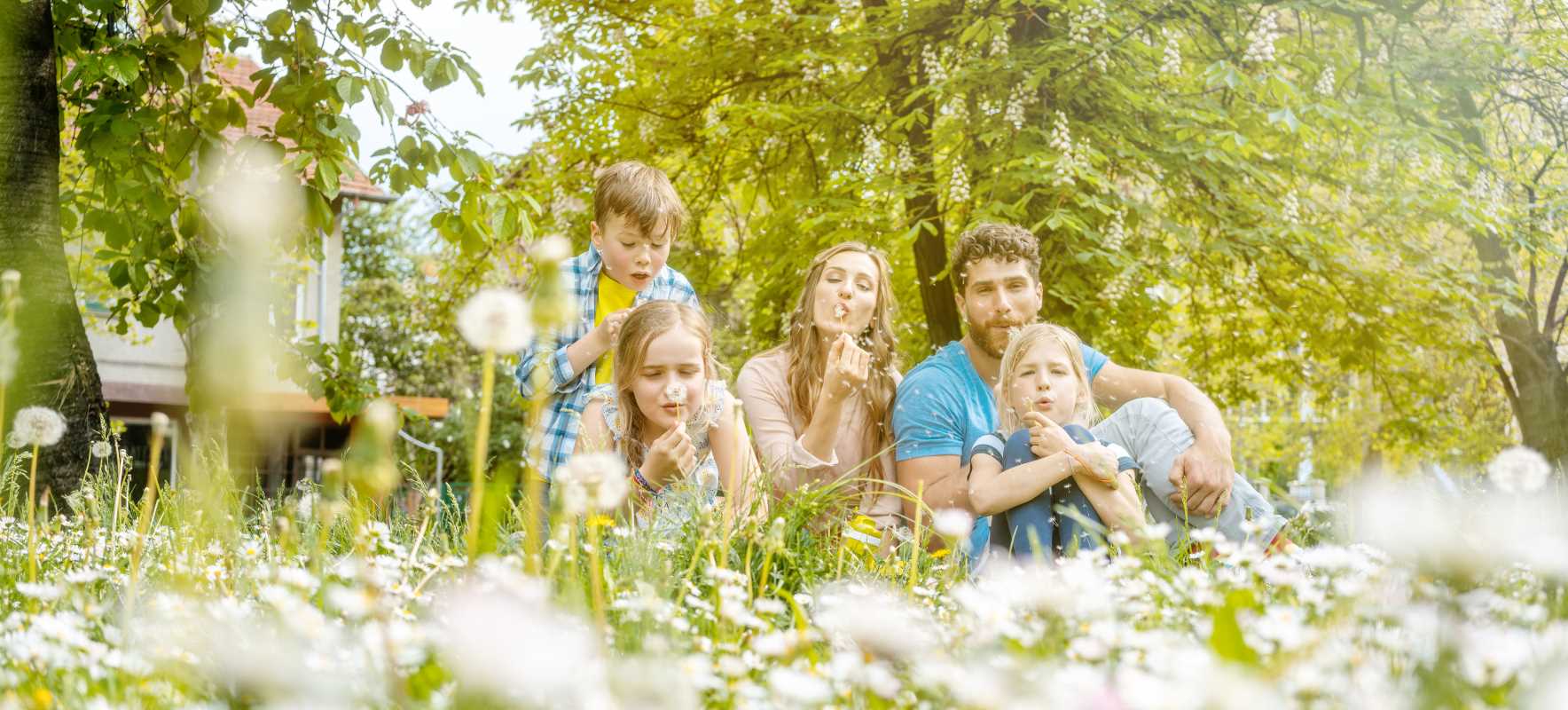If you’re an urban gardener, you probably care deeply about your plants, your environment, and how to make the most of every square inch of your garden. But there’s one thing that can take your gardening game to new heights—composting and recycling systems. Learning how to turn kitchen scraps and household waste into nutrient-rich compost or how to set up an efficient recycling system for your gardening needs is a game-changer. Not only can this help improve your yields, but it can also significantly reduce your carbon footprint.
Whether you’re a beginner in this green-thumb adventure or a seasoned gardener looking to level up, this guide will walk you through everything you need to know about composting and recycling systems tailored to urban spaces.
Why Composting and Recycling Matter for Urban Gardeners
The beauty of urban gardening lies in its resourcefulness. Whether you have a sprawling rooftop garden or just a few potted plants on a balcony, there’s one universal truth—healthy soil equals happy plants. Composting and recycling play key roles in achieving this.
Here’s why they matter:
- Reduce Waste: Composting helps divert organic waste from landfills, where it would otherwise emit harmful greenhouse gases like methane. Recycling allows you to repurpose materials that would normally go to waste.
- Build Better Soil: Compost turns your food scraps and yard waste into "black gold," a nutrient-rich amendment that improves your soil's health.
- Save Money: Why spend on commercial fertilizers and potting mixes when your compost can do the job? Recycling old gardening containers or tools can also cut expenses.
- Be Sustainable: Gardening already supports the environment, and composting/recycling takes this sustainability to the next level.
Composting 101 for Urban Spaces
You might think composting is complicated or too messy for an urban setting, but trust us—it’s much simpler than it seems. With a little planning and the right tools, you can create compost right in your apartment or backyard.
What Is Composting?
Composting is the process of breaking down organic matter (like food scraps, yard waste, or even shredded newspaper) into nutrient-rich soil. Microorganisms, air, and moisture all work together to decompose the materials and turn them into a natural fertilizer.
Getting Started with Urban Composting
Before you start tossing things into a pile, consider the space you have and the tools you need. Here’s how to get rolling:
1. Choose Your Composting System:
Urban gardeners have several options, depending on their available space:
- Compost Bins: Perfect for patios, balconies, or small backyards. You can purchase one or DIY it using an old plastic container with added air holes.
- Worm Composting (Vermicomposting): Ideal for apartments. Worm bins can fit under your kitchen sink, and the worms turn food scraps into nutrient-rich compost.
- Bokashi Bins: A great option if you want a smell-free indoor composting method. These bins utilize fermentation for quicker processing.
2. Know What to Compost:
The golden rule for composting is balancing your greens (nitrogen-rich materials like veggie scraps, coffee grounds, and grass clippings) with your browns (carbon-rich materials like dried leaves, cardboard, and paper).
- Compostable Items:
- Fruit and vegetable scraps
- Coffee grounds and filters
- Eggshells
- Shredded newspaper or cardboard
- Dry leaves or straw
- Avoid Composting:
- Meat, dairy, or greasy food scraps (they attract pests).
- Weeds treated with pesticides.
3. Maintain Your Pile:
Your compost pile or bin needs air, moisture, and a good balance of greens and browns. Use these tips:
- Turn your pile or mix your bin contents regularly to keep things aerated.
- Add water sparingly if the pile seems too dry (it should feel like a damp sponge).
- Layer greens and browns to ensure balance and avoid bad odors.
4. Harvest and Use:
After 2–6 months (depending on your method), your compost should look dark and crumbly with an earthy smell. Mix it into your garden soil or use it as top dressing for potted plants to give them an instant nutrient boost.
Recycling Systems for Urban Gardening
Recycling isn’t just about separating glass from plastics in your household trash—it can also be a major player in your gardening setup. From repurposing containers to making use of old tools, recycling keeps your garden sustainable and budget-friendly.
How to Set Up a Recycling System in Your Garden
1. Repurpose Containers and Jars:
Save old jars, tins, or buckets and transform them into plant pots, watering cans, or even seed storage containers. Make sure to drill drainage holes in pots for healthy root growth.
2. Reuse Garden Waste:
Don’t toss away grass clippings, fallen leaves, or pruned branches. These can become excellent mulch, weed barriers, or even compost.
3. Upcycle Old Tools:
Have broken tools or old furniture lying around? An old ladder can become a vertical garden, while rusty tools can serve as trellises.
4. Water Recycling:
Collect rainwater with barrels or use leftover cooking water (once cooled!) to water plants. It’s an easy and effective way to save resources.
5. Get Creative:
Think outside the box when it comes to recycling:
- Use wine bottles as decorative garden borders.
- Turn old pallets into compost bins or raised planters.
- Use broken ceramic pots as drainage fillers for new pots.
How Composting and Recycling Benefit Your Urban Garden
Urban gardens often deal with limited resources. Composting and recycling help alleviate these issues:
- Improved Soil: Over time, compost improves the structure and fertility of your soil. For container gardens, it’s especially essential.
- Cost Savings: Repurposed containers, free rainwater, and homemade compost reduce spending on gardening supplies.
- Environmentally Friendly: Gardening by its nature is sustainable, but combining it with composting and recycling significantly expands your positive impact.
Overcoming Challenges as an Urban Gardener
Of course, no gardening method comes without its challenges. Fortunately, most composting and recycling issues are easy to resolve:
1. Space Constraints: Consider compact solutions like vertical gardens and stackable compost bins to maximize your available space.
2. Pests: Composting correctly (balancing greens and browns, maintaining airflow) can minimize odors and deter pests. A secure lid can also help if you’re relying on outdoor bins.
3. Time: Don’t worry if you can’t turn your compost pile every day. Even low-maintenance systems (like Bokashi bins) provide incredible results with minimal effort.
Joining the Urban Gardening Community
One of the best parts of urban gardening is the sense of community it creates. Sharing tips, ideas, and even surplus compost or recycled garden supplies with fellow gardeners can make the experience more rewarding.
Many cities have community garden programs or workshops on composting and recycling—check with your local government or gardening clubs to see what’s available. You’ll not only learn more but also have the chance to inspire others to adopt eco-friendly practices.
Final Thoughts
Composting and recycling aren’t just important for the environment; they’re vital tools for urban gardeners looking to level up their gardens sustainably. Whether you’re crafting rich compost for your soil, repurposing jars as stylish pots, or using rainwater for irrigation, these systems make a world of difference.
Urban gardening is about innovation and creativity, and composting and recycling are perfect ways to embody those values. Start small, experiment with different systems, and watch as your garden flourishes like never before. Happy gardening!







